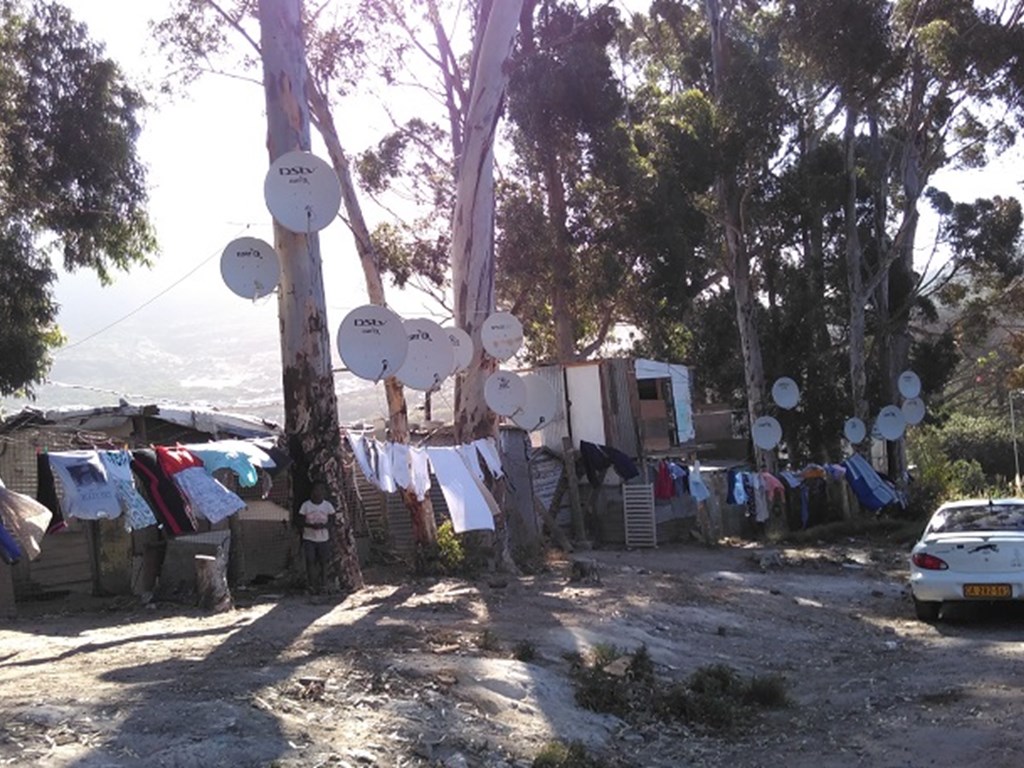This research investigates the sustainable energy transition from fossil fuels to renewable energy in South Africa, together with the wider implications for infrastructure planning.
South Africa has remained attached to carbon-intensive energy pathways based on its extensive low-grade domestic coal reserves and distributed by a centralised grid of the state utility company, Eskom. A total of 86% of all electricity is still produced from coal and accounts for over four-fifths of the country’s carbon emissions.
International pressure to switch to renewable energy sources has met with some resistance from Eskom, but has also presented challenges to municipalities.
In the post-apartheid constitution, municipalities were charged with a ‘developmental local government’ role, including the distribution of electricity, which helps to subsidise services for the poor. The emergence of renewable energy has allowed more affluent households to buy themselves out of the grid and so reduce electricity revenues for municipalities, who are then less able to cross-subsidise the poor. Renewable energy has consequently been perceived by some as a ‘disruptive technology’.
However, renewable energy also offers a viable option to meet the energy needs of populations, who have continued to be excluded from the electricity grid since apartheid or who have settled on ‘unproclaimed land’, which is not zoned for development in spatial planning frameworks.
The emergence of decentralised generation not only challenges the myth of the modernist ideal of a grid-networked city, but potentially offers a more realistic proposition for energy transitions in the global south.
This research is relevant to the planning profession as it:
- Provides awareness of the local political-economy essential to achieving a low carbon transition
- Reveals that a centralised electricity grids can exclude populations through their geography and associated regulation
- Shows that decentralised infrastructure can offer energy services to populations not connected to the grid
- Finds that the challenge is to develop a business model for decentralised electricity generation that meets the needs and affordability of target markets
This work was supported by the Economic and Social Research Council/National Research Foundation Newton Fund Urban Transformations in South Africa scheme (ES/N014138/1 ‘Urban Transformation in South Africa through co-designing energy services provision pathways’ project, which was a collaborative project between the University of Cape Town, Sustainable Energy Africa, King's College London, and the Universities of Exeter, Manchester, Sussex and Plymouth). The project leader was Professor Federico Caprotti at the University of Exeter.
